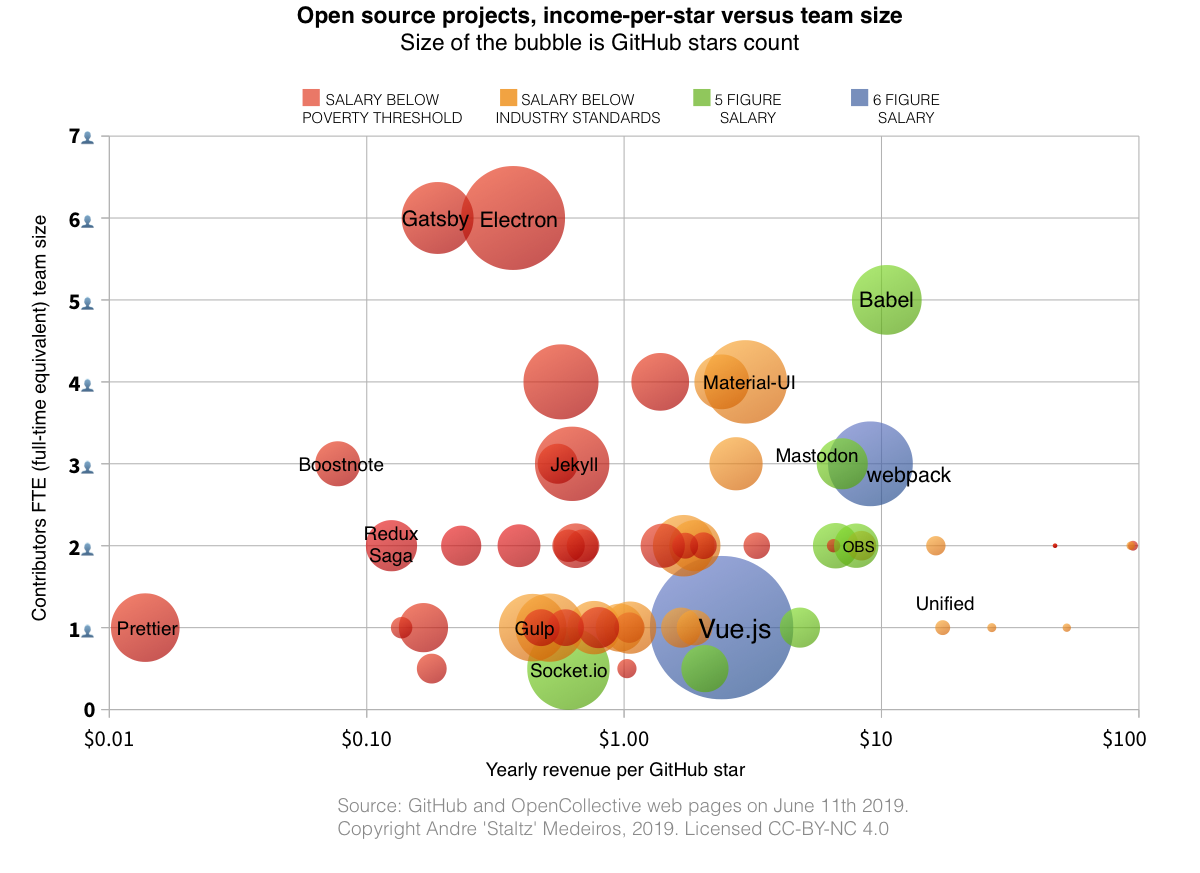Quincy Larson: Yeah. So we think 50 years out, 60 years out. I think in terms of what is likely to be accomplished. Okay, so if you go all the way back to the the first printing of the Gutenberg Bible, the first mass-produced book in history, it was more than – it was like 600 years ago. It was just with the advent of the printing press. And this book came out and it brought literacy to everyone in the 1450s. 1450s. 600+ years ago. 670 years ago. And still, we have illiteracy. I don’t believe that AI is just going to magically change illiteracy. I think that there are a lot of people who just – it’s still hard to learn to read if nobody teaches you how to read; it’s very difficult. I hear all these things of people who have unschooled their kids, and they haven’t necessarily put effort into teaching the kids… There’s just this idea that the kids will naturally learn how to read. And some kids might, but a lot of kids won’t necessarily learn how to read, and they’ll end up not having reading level nearly what their peers, and it’ll be a huge kind of crushing weight on their shoulders, like “I’m not good at reading.” And they’ll carry that with them. And I feel like it’s the same thing with technology.
People certainly have this with math. “Oh, I just suck at math.” They never learned how to do math, and they always feel bad about themselves, and they’re always intimidated whenever they’re reading a book and there’s some math, or something like that, or whenever they look at some equation… Even the most simple equations, when they’re walking around the science museum and they’re just “Oooh…!” They get this anxiety. And same thing with software. “I don’t really know how a web server works. I don’t really know what garbage collection is doing.” It’s just, in the back of your mind you’re just kind of unsure of yourself.
[01:30:00.20] And so if over the course of 600 years there are still people – when they have had this relatively abundant thing that they could read, mass market… 600 years… It’s going to be a very long time before technology literacy is solved, and before everybody can just feel confident that they understand how recursion works, and things like that. And I do think that these are things that people in Star Trek – like, I always look at Star Trek and I realize that it’s flawed in the sense that it’s just kind of this vision from the ’70s, and then it got interpolated through the ‘90s, with Next Generation, Voyager, and D6-9, which is the best one, according to Andrew Brown, big Trekkie and massive contributor to freeCodeCamp… He’s created 50 certification preparation courses on our YouTube. But I realize that it’s just kind of a sci-fi vision of the future, but it makes practical sense. A lot of the things in that show, I can see that that’s where we’re heading. We’re heading toward computers where you just talk, and you can use declarative speech instead of imperative speech. And the machine, it just gives you a lot more affordance in figuring out what needs to be done. And if you watch The Expanse, there’s lots of AI… But it’s not everywhere, and they’re not talking to AIs, and stuff. It’s just like doing the little things like recalibrating the turrets on the ship, and stuff like that.
And I think that 100 years from now, if we want to talk 100 years - let’s just choose a big, round number - people are still going to exist. We’re probably not going to be all walking around in exosuits. I will be impressed if we’ve terraformed Mars at all by then. I just genuinely don’t think that there’s the political will, and the budget, and all that stuff, and I think that people greatly underestimate how difficult it will be to colonize space, and stuff like that. I think realistically, we’re still going to be here. Hopefully, we’ll have done some stuff to mitigate climate change and mitigate job loss due to automation, and stuff like that… But people are still going to need to learn. People are still probably going to need to work and figure out a way to make money. I don’t believe that UBI is coming to save us, universal basic income, or anything like that. I think fundamentally, people are going to still need to learn and they’re going to still need to go out and do things to provide for their families. That has been how it has been throughout civilization, throughout the history of every civilization, whether that is the hunter-gatherer tribes… People have needed to go out and figure out how to keep the calories coming to keep the body going. And I think institutions come and fall, but we’ve got these human animals, 100,000 years of human tribes interacting with one another, and warring, and things like that… But I still think that they’re going to need to learn. I don’t think there’s going to be a magic matrix thing where you just “Teach me how to fly a helicopter” and there’s a program.





